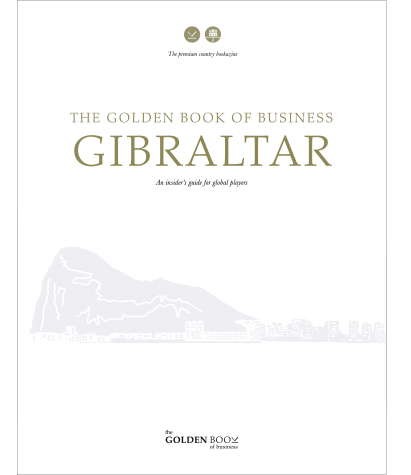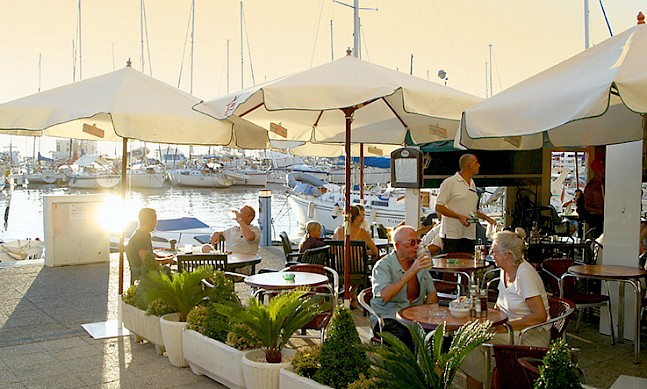Against the backdrop of the never-ending war of attrition with Spain over the sovereignty issue and periodic events that grab the headlines of the international media, Gibraltar has quietly and methodically gone about transforming itself into a modern, onshore, services-based economy driven by an entrepreneurial spirit forged by necessity and adversity.
Decades back, Gibraltar was a quiet, quaint British colony with an awkward neighbour and a local economy dominated by the presence of the military. Now there is a palpable buzz in the streets. A huge construction drive is underway to overhaul and expand the territory’s infrastructure, while people from all walks of life seem upbeat about the Rock’s future. “Business is booming,” says Neil Costa, Gibraltar’s young, dynamic minister of business and employment.
Belonging to the European Union but not a signatory to its customs union, Gibraltar offers a gateway to the EU in a business-friendly, low corporate-tax-rate regime that is VAT and capital-gains free, along with the security afforded by its British judicial system, which provides legal reassurance to would-be overseas investors.
But Gibraltar’s single biggest asset is its people, abidingly British, and on the surface almost more quintessentially so than their fellow Britons of the northern European isles. Yet at the same time, this is a population with a strong sense of its own identity: a kaleidoscope of the Mediterranean basin’s distinct cultures; Jewish, Arab, Christian, Genoese, Maltese, Greek, French and Phoenician, creating a unique cocktail for tourists in the warmth of southern Europe. Theirs is a sense of identity that goes far beyond the shifting political sands of nationality thrown up by wars, treaties, colonisation, decolonisation, marriages of convenience and, ultimately, inconvenience concocted by the crucible of history.
Because of that sense of identity, the future of Gibraltar’s legal status may lie in a hybrid form of decolonisation that ensures both its independence from the clutches of Spain and the apparent aloofness of Britain, whilst remaining firmly in the heart of the European Union.
With education enshrined as the territory’s own self-appointed pathway towards a modern, dynamic, tolerant and open society, Gibraltar is generating a pool of can-do bilingual experts in legal and financial affairs, well-versed in helping overseas enterprises set up in the territory.
“The myth still persists that the territory is a fiscal paradise as opposed to a low-tax regime that complies with international treaties”Post This
Despite the fact that Gibraltar was excluded in a recent report by the European Commission from the EU’s blacklist of uncooperative tax havens, the myth still persists that the territory is a fiscal paradise as opposed to a low-tax regime that has gone out of its way to comply with international treaties on tax transparency and money laundering. The image projected, for example, by the 2013 French film The Informant of drug-smuggling, intrigue and morally dubious customs officials competing with each other still persists. Gibraltar in that sense remains a story, the real story, waiting to be told.
So where is the real story of Gibraltar going? On the one hand there is the possibility of a change in government in Spain later this year that could see the return of the tripartite talks among Britain, Spain and Gibraltar, as introduced under the Socialist government of former Spanish Prime Minister Jose Luis Rodriguez Zapatero, and more cordial relations all around.
However, there is a cloud on the horizon in the shape of the referendum on Britain’s permanence in the EU pledged by UK Prime Minister David Cameron. A vote in favour of a so-called ‘Brexit’ could scupper the premises upon which Gibraltar’s economic future is predicated, and also inflame Spain’s demands for joint sovereignty of the Rock, an idea that is anathema to Gibraltarians.
But with a combination of British phlegm and Mediterranean optimism, local businessmen and politicians believe the Cameron government would not advocate changes to Britain’s status within the EU that would harm the City of London. And what is good for the City of London is good for Gibraltar.










